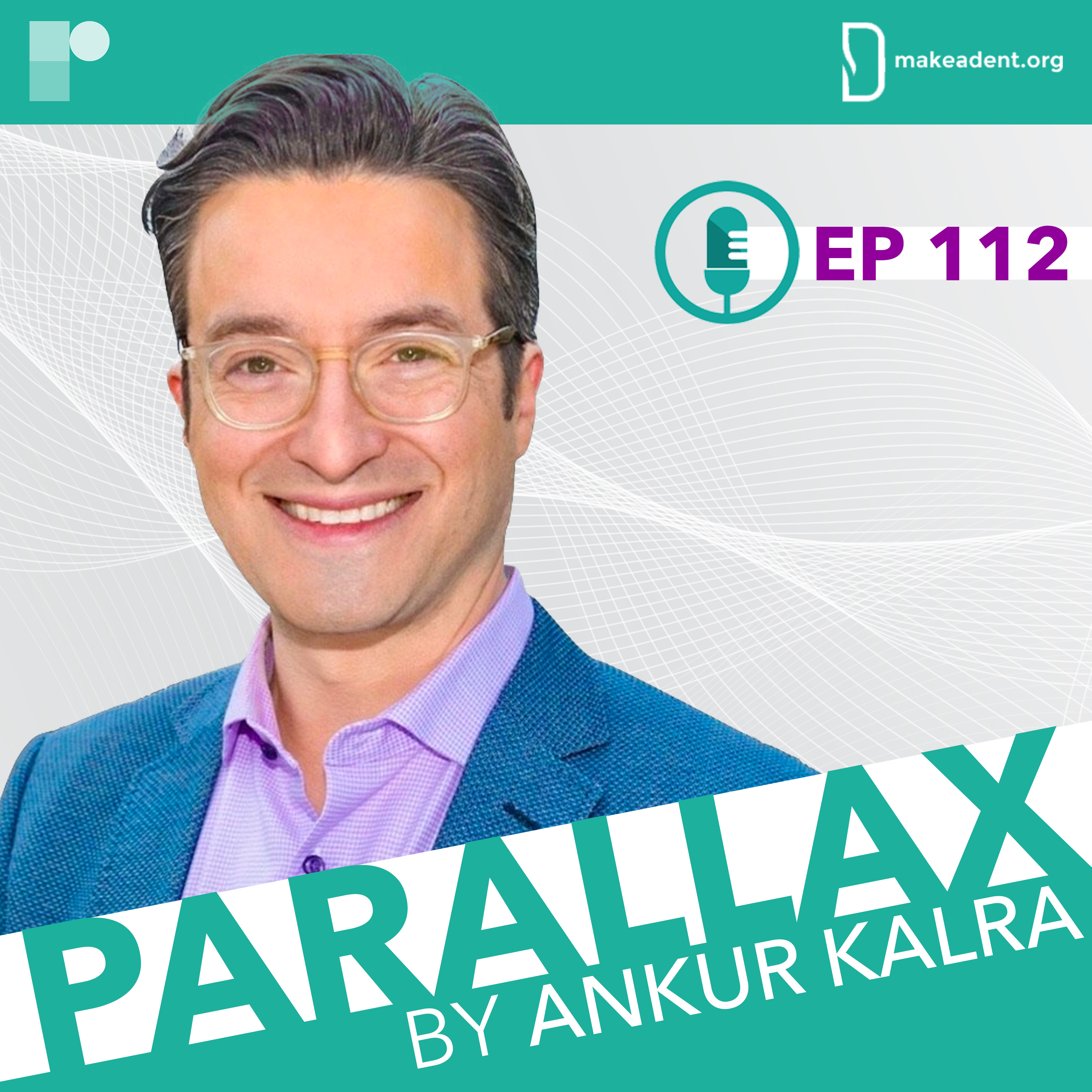
In this week’s Parallax, host Dr Ankur Kalra welcomes back Dr Jonathan Fisher, a cardiologist, organizational well-being leader, and bestselling author of Just One Heart: A Cardiologist’s Guide to Healing, Health, and Happiness.
In this compelling conversation, Dr Fisher shares his personal experience with burnout within the US healthcare system. He provides a concise overview of the roots of Western medicine's culture and the current epidemic of physician burnout and depression. Dr Kalra then invites him to explore solutions for reversing these negative trends and enhancing patient care. Dr Fisher discusses the workshops he leads, emphasizing core principles like positive attitude, compassion, connection, and teamwork. He also offers a sneak peek into his new book that extends the discussion to a wider audience.
Tune in for a rich discussion on the future of healthcare, well-being, and rediscovering the human connection at the heart of medicine.
Just One Heart: A Cardiologist’s Guide to Healing, Health, and Happiness is available to order here.
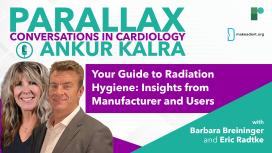
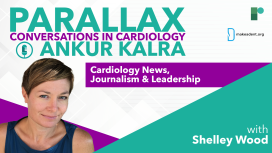
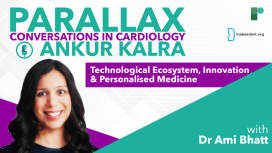
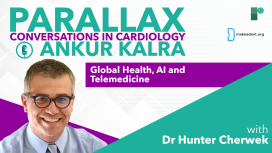
They talk about AI assisted consultation, learning pathways incorporating simulators for early career practitioners and the Flying Eye Hospital. Dr Cherwek shares his experiences about working with local teams globally and the work that goes into setting up trials across the world.
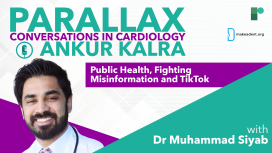
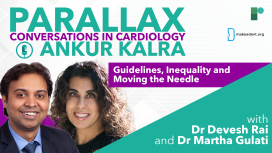
Dr Ankur Kalra’s guests this week are Dr Martha Gulati, internationally recognized cardiologist specializing in Women and Heart Disease, Heart Disease Prevention and Dr Devesh Rai, first year cardiology fellow at Rochester General Hospital.
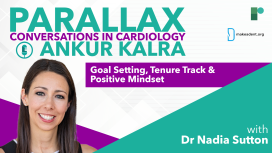
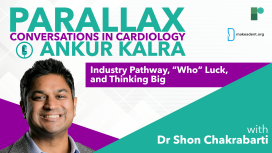
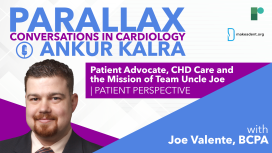
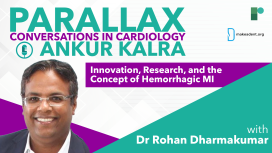
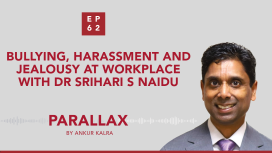

Parallax’s guest this week is Dr Eric David Adler, Medical director of heart transplant and mechanical circulatory support at UC San Diego Health.

How did Dr Gragossian receive her diagnosis? How does she feel about her new reality? What drives her? What is her message to our listeners?

Just after 9/11, Heval, the 18-year-old Syrian Kurdish refugee found a job as a dishwasher. At this point, he was the sole provider of his family. The pressure that comes from being poor did not leave him for many years. Today, he is firm believer in giving back to underserved communities by spreading awareness within the medical community. As he says, well-meaning people of privilege are sometimes afraid to act. What we need is more people to bridge the gap and find ways to help each other.

What drives Dr Nishtha Sodhi? What were the formative moments of Dr Sodhi’s career? What are the new frontiers of cardiology?







